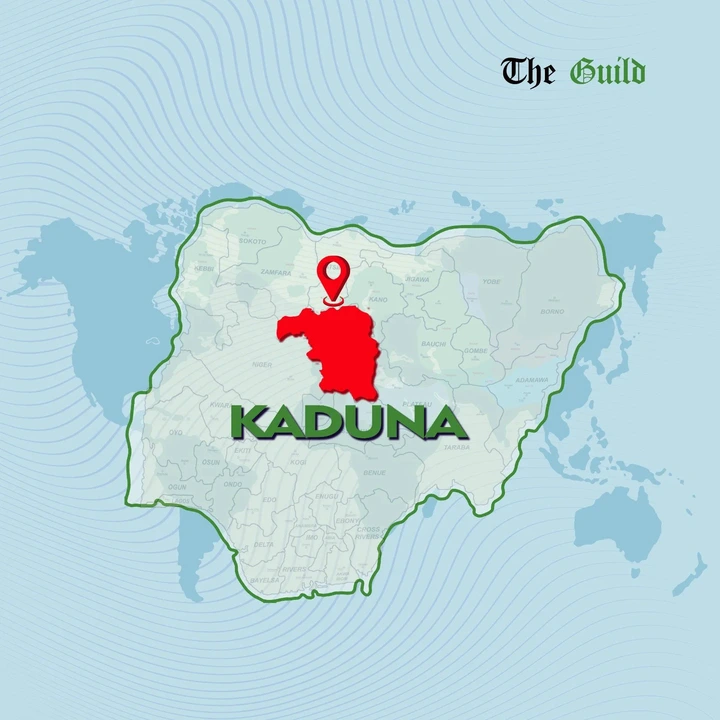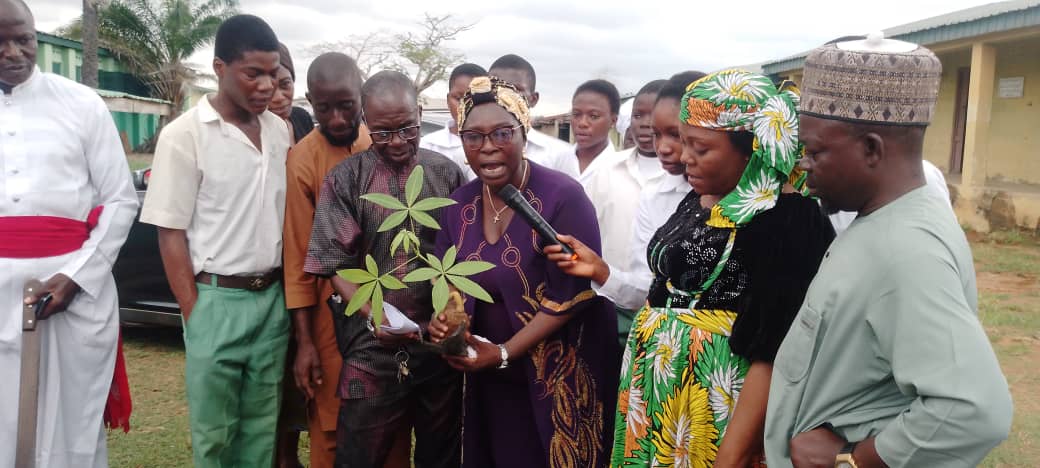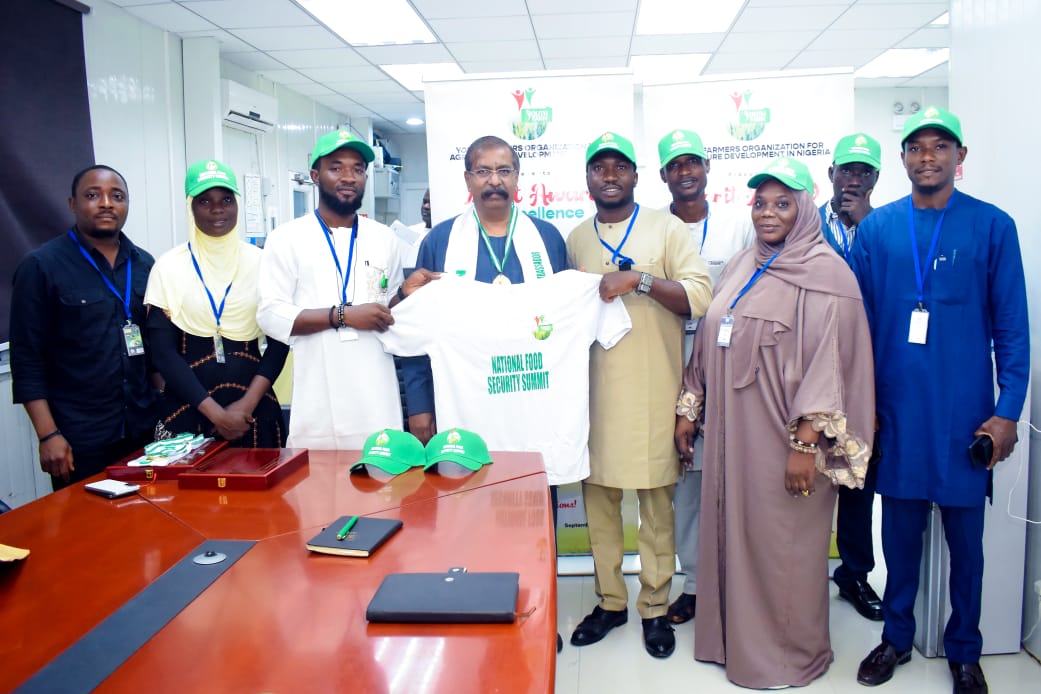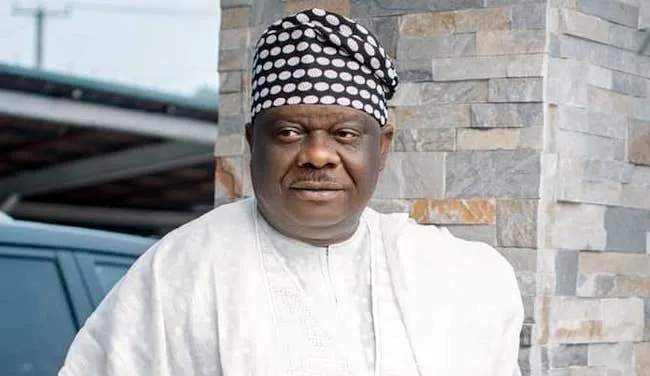community
X-Raying The Flaws in Kaduna state Government’s Peace Process

By: Zagazola Makama
The fragile peace in Kaduna State is once again under severe threat as banditry resurfaces along critical highways and rural communities, reviving old concerns over the sincerity and effectiveness of the state government’s amnesty programme.
The killing of Musa Kachallah, a repentant bandit leader who had renounced crime and embraced peace, has once again drawn attention to the uncertain security condition in Kaduna State.
Kachallah, once feared across parts of Chikun Local Government Area, had turned his back on violence, committing himself to community reconciliation. Respected by villagers in Tsohon Gaya for his peace efforts, he became a visible symbol of transformation. His assassination on Aug. 3, however, shattered that image and reignited fears that peace in Kaduna may only be skin-deep.
According to security and community sources, the killing was as calculated as it was cruel. At about 1023 hours on the fateful day, a group of bandits arrived at Kachallah’s residence disguised as friendly visitors. In keeping with local tradition, he welcomed them, offering food and pleasantries. But when night fell, their intentions became clear. At about 1145 hours, sporadic gunshots erupted, sending commotion across the settlement. By the time security personnel arrived, the assailants had disappeared into the surrounding bush.
Among those present during the attack was Shayibu Madugo, a known associate of another bandit figure, Gurgu. One of the assailants, identified as Mallau, was also injured and is reportedly receiving treatment at a secret medical location. Kachallah’s remains were laid to rest the following morning at 1005 hours on Aug. 4, in line with Islamic rites.
The killing goes beyond one man’s death. For months, Kachallah had worked to dissuade youths from taking up arms, urging them to abandon kidnapping and cattle rustling. Residents say he was genuine in his repentance, often standing as a mediator in local disputes.
Now, his silencing has not only discouraged others who might have considered laying down their weapons but also emboldened hardline factions opposed to peace.
It is believed that the killing has inspired retaliatory violence from bandit groups, especially those who perceive the state’s amnesty as insincere or biased. Already, since the killing, security reports indicated that bandits have intensified activities around Chikun, Kauru, Giwa, Makarfi on the Zaria–Kano highway, and Kajuru Local Government Areas and most recently the Abuja–Kaduna road, where a journalist was kidnapped on Friday. Already the authorities have stepped up daily patrol efforts at the Rigasa station line amid suspected security threats.
The resurgence of these pockets of attacks threatens the steady peace that was recorded within the past months in Kaduna, a once epicentre of kidnapping-for-ransom in Nigeria.
Despite these troubling developments, many security stakeholders and residents accuse the state government of complacency. Governor Uba Sani’s much-publicised “Kaduna Model” of disarmament, demobilisation and reintegration has been described as a charade, lacking structure, transparency, and credibility.
Unlike amnesty programmes in other volatile regions, Kaduna’s initiative has been criticised for its lack of coordination, strategic framework, absence of community participation, and failure to provide genuine rehabilitation for repentant fighters. While the governor publicly received “repentant bandits” earlier this year and promised international-standard reintegration, there is little on the ground to suggest any concrete plan.
Security sources note that there were no individual risk assessments to differentiate hardened commanders from coerced foot soldiers. No verifiable rehabilitation or livelihood programmes were implemented. No sustainable monitoring structure was set up to ensure compliance. Worst of it, no disarmament programmes was set up to receive arms from the bandits, in most cases, they come without their weapons and go back to their enclaves after every engagement. The programme appeared to have been driven by political optics rather than strategic intent. The killing of Kachallah has now exposed these gaps, with many bandits perceiving the process as betrayal rather than reconciliation.
On the ground, it is the Nigerian Army troops under 1 Division, NAF, the Police with critical support from the DSS that have held the line in places like Birnin Gwari and Chikun, and other part of the state, neutralizing armed groups and securing major corridors. But the military alone cannot guarantee lasting peace without political leadership and state-level initiatives.
Police formations, for instance, remain under-equipped, with most of their patrol vehicles grounded. Armoured Personnel Carriers (APCs) are unavailable, leaving major entry points into Kaduna unprotected. Despite persistent requests, the state government has not provided critical logistics to complement security operations.
Multiple sources allege that Governor Uba Sani rarely convenes security meetings or reads situation reports. Unlike his counterparts in North Western Niger, Katsina, Zamfara, Kebbi or Borno in the North East, who are known for prioritising security and directly engaging with security agencies, Sani is accused of disengagement and indifference.
According to the sources, the governor hardly picks calls, responds to urgent messages, or visits attack scenes or victims and their families. His most visible involvement in security matters has been receiving rescued victims handed over by the Office of the National Security Adviser, a role seen more as ceremonial than operational. Besides, Governor Uba Sani mostly operates his state from Abuja.
This disconnect has widened the gap between the state government and frontline security agencies. It has also eroded public trust, leaving rural communities to question whether the state truly has a strategy for peace.
Kaduna’s worsening security point to the collapse of the so-called amnesty programme and the absence of strong political leadership. The failure to build a credible framework for dialogue, reintegration, and rehabilitation has emboldened bandits who now see the state as weak and divided.
The bitter reality is that, while the military and other security agencies continues to make sacrifices to hold the line, the Kaduna State Government has failed to complement these efforts. Peace is fragile, and with bandits regaining confidence, the state risks sliding back into the dark years of mass abductions and rural terror.
The assassination has reopened old wounds. It has exposed once more that peace in the state rests not on a solid foundation, but on fragile promises and the overstretched efforts of security forces.
Unless the state government takes security issues beyond rhetoric by complementing security agencies to stamp out banditry, the region could again descend into unchecked violence.
The question is no longer whether the government’s amnesty will work, but whether Governor Uba Sani truly cares enough to take ownership of the security in his state.
Zagazola Makama is a Counter Insurgency Expert and Security Analyst in the Lake Chad Region
community
Kwara lauded for its environmental sustainability initiatives

Stephen Olufemi Oni, Ilorin
The Kwara State Government has been lauded for donating 50 tree seedlings to the Cherubim and Seraphim College, Ilorin, under its environmental sustainability initiative.
The commendation was given on Friday in Ilorin, the state capital, by the Principal of the College, Mrs. Oluwaranti Comfort Awotunde while speaking at a symbolic tree-planting ceremony held within the school premises.
Mrs. Awotunde explained that the seedlings, which include oil palm, mango, and orange trees, were part of the state’s greening project aimed at promoting environmental conservation across schools in the State.
She said: “We are grateful to the government for this gesture. Initially, I thought the seedlings were cheap, but I later discovered that they cost between six and seven thousand naira each. That shows the government invested significantly in this project, and we truly appreciate their efforts.”
According to her, the trees would serve multiple purposes, including protecting the school’s buildings from being damaged by wind and storm and also enhancing economic value during harvest seasons. “These trees are not just for beautification; they are cash crops. During harvest, we will share the fruits among staff and students,” she added.
Mrs. Awotunde also urged Nigerians to embrace reforestation, stressing the need to replace every tree that is cut down. “My advice to the public is simple—anyone who cuts down a tree should replace it by planting another one. That’s the only way we can preserve our environment and sustain its benefits,” she advised.
In his remarks, the Senior District Secretary of the Cherubim and Seraphim Movement Church, Ilorin District, Special Apostle Enoch Oluwafemi Dairo, commended the initiative, particularly the state government’s commitment to enhancing the environment as well as tackling deforestation in the State.
“We were impressed when we heard that the state government provided seedlings to the school. Tree planting helps protect buildings from strong winds and improves the school environment. It’s an initiative worth emulating,” Apostle Dairo noted.
The event, attended by church representatives and staff of the Universal Basic Education Commission (UBEC) section of the school, marked the beginning of a collective effort to make the school greener and safer for the students.
End
community
Youth Empowerment: Farmers Association honour Dangote, Edwin

- Describe refinery as Nigeria’s economic pride
Stephen Olufemi Oni, Ilorin
The Youth Farmers Organization for Agricultural Development in Nigeria has honoured the President of Dangote Industries Limited, Alhaji Aliko Dangote, and the company’s Vice President, Mr. Devakumar Edwin, with Merit Awards of Excellence for their remarkable contributions to national growth and youth empowerment.
The presentation took place during a two-day advocacy visit and facility tour of the Dangote Petroleum Refinery in Lagos, where the youth farmers described the refinery as a “national pride” and a symbol of Nigeria’s industrial progress.
Speaking during the event, the National President of the Youth Farmers Organization, Abdulrahman Umar Etudaye, said the honour bestowed on Dangote as Grand Patron of the Group was in recognition of his commitment to nation-building, economic development, and empowerment of young Nigerians.
“Alhaji Aliko Dangote represents the spirit of hard work, vision, and patriotism. His contributions to the nation’s economy and his support for youth empowerment remain an inspiration to millions of Nigerians,” Etudaye said.
Similarly, Mr. Devakumar Edwin was honoured as Patron of the organization in appreciation of his exemplary leadership and continuous support for youth and agricultural development in the country.
Etudaye commended the Dangote Refinery for its world-class facilities and cutting-edge technology, noting that the project stands as a catalyst for Nigeria’s economic transformation. “The refinery is a source of pride to every Nigerian. It represents hope for industrialization, job creation, and energy independence,” he added.
In response, Mr. Edwin thanked the Youth Farmers Organization for the recognition and applauded their commitment to promoting food security and national development, reaffirming Dangote Industries’ resolve to continue investing in youth-oriented projects that drive sustainable growth across the country.
“We remain committed to supporting young Nigerians through empowerment initiatives and by creating opportunities that will secure the nation’s future,” Edwin said.
The youth farmers also invited Mr. Edwin to chair their forthcoming National Food Security Summit in Abuja and extended a special invitation to Alhaji Dangote as Guest of Honour.
The organization pledged to strengthen its collaboration with stakeholders, including Dangote Industries, to advance agricultural development, food security, and youth empowerment for a more prosperous Nigeria.
End
community
Nigeria @65: Aondoakaaa urges Nigerians to keep hope alive

A former Minister for Justice and Attorney General of the Federation, Chief Mike Kaase Aondoakaaa, SAN has congratulated Nigerians on the 65th Independence Day Celebration of the country.
In his goodwill message to celebrate Nigerians on the special occasion, Chief Aondoakaaa, a frontline 2027 governorship aspirant in Benue State called on Nigerians to keep their hope in the administration of President Bola Tinubu alive.
He called on Nigerians to be patient with President Bola Tinubu, stressing that with time, they will understand that the administration means well for the country.
According to him, October 1st is more than just a public holiday, noting that it’s a time for Nigerians everywhere to celebrate freedom, reflect on how far the nation has come, and look forward with hope.
Furthermore, Chief Kaase Aondoakaaa urged Nigerians to continue to grow together in unity and strength. He also urged them to keep the spirit of unity and love alive.
In his prayer for the nation, Chief Aondoakaaa prayed to God to make Nigeria’s future brighter than the past
He however implored Nigerians to continue to pray for all the leaders in the country as they are the ones God has chosen to lead.
-

 Uncategorized5 years ago
Uncategorized5 years agoFG, states urged to harness flooding for ranching, others with technology – Agbaje
-

 Headlines10 years ago
Headlines10 years agoBreaking: EFCC seals Borno House of Assembly, as Hon members take to their heels
-

 News11 years ago
News11 years agoNigeria Security Operatives Stage Manhunt For Homosexual Perpetrator
-

 News9 years ago
News9 years agoHow 21-year-old Girl fled community over accusation of lesbianism
-

 News10 years ago
News10 years agoYobe Gov Moves Against Deputy
-

 Opinion7 years ago
Opinion7 years ago7 signs she has friend zoned you
-
Technology4 years ago
Online job placement company headhunts women
-

 Headlines10 years ago
Headlines10 years agoBorno Dep Gov Abducts Another Church Leader





